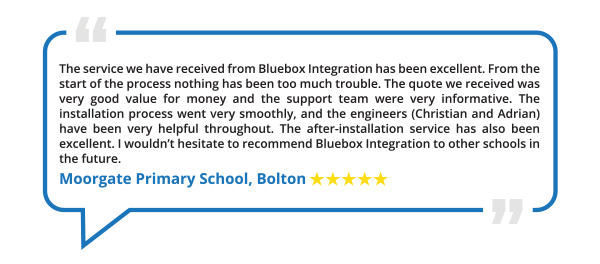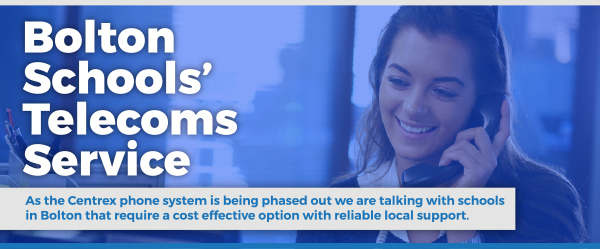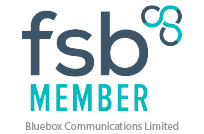The whole world is suddenly talking about Artificial Intelligence.
From Alexa in your kitchen, to Siri on your phone, AI is already all around us, but new names like ChatGPT, Dall-E, Jasper and more feel like they’ve blown up the internet.
These new concepts take things WAY further, helping us to write articles, search the web with natural conversation, generate images, create code, and introduce new ways to make our daily lives even easier.
But emerging technology nearly always launches in a blizzard of geek-speak before it settles into everyday life. Early PC users might remember the ‘DOS prompt’. And when did you ever have to ‘defrag’ your phone?
Experts believe that these new AI tools will become the building blocks of a whole new world of tech, redefining the way we interact with computers and machines.
So let’s help you decode some of the terms you’ll hear this year.
Chatbot Starting with the basics, a chatbot is an app that mimics human-to-human contact. Just type or speak normally, and the chatbot will respond the same way. ChatGPT is a chatbot. If you haven’t tried it out yet, give it a go.
Deep learning This is the technique that’s used to imitate the human brain, by learning from data. Current search tools and systems use pre-programmed algorithms to respond to requests. AI tools are trained on concepts and conversations in the real-world, and learn as they go to provide human-like responses.
Machine intelligence The umbrella term for machine learning, deep learning, and conventional algorithms. “Will machine intelligence surpass human ingenuity?”
Natural Language Understanding (NLU) helps machines understand the meaning of what we say, even if we make grammatical errors or speak with different regional accents.
Weak AI is the most common form of AI in use right now. Weak AI is non-sentient and typically focuses on a single or small range of activities – for instance writing, or repurposing video content. Strong AI, on the other hand has the goal of producing systems that are as intelligent and skilled as the human mind. Just not yet.
This is just the tip of the iceberg, but trust us – you’re going to be hearing a lot more about AI in the months and years to come.
If you’d like more help to understand how AI might form part of your business, just get in touch.















